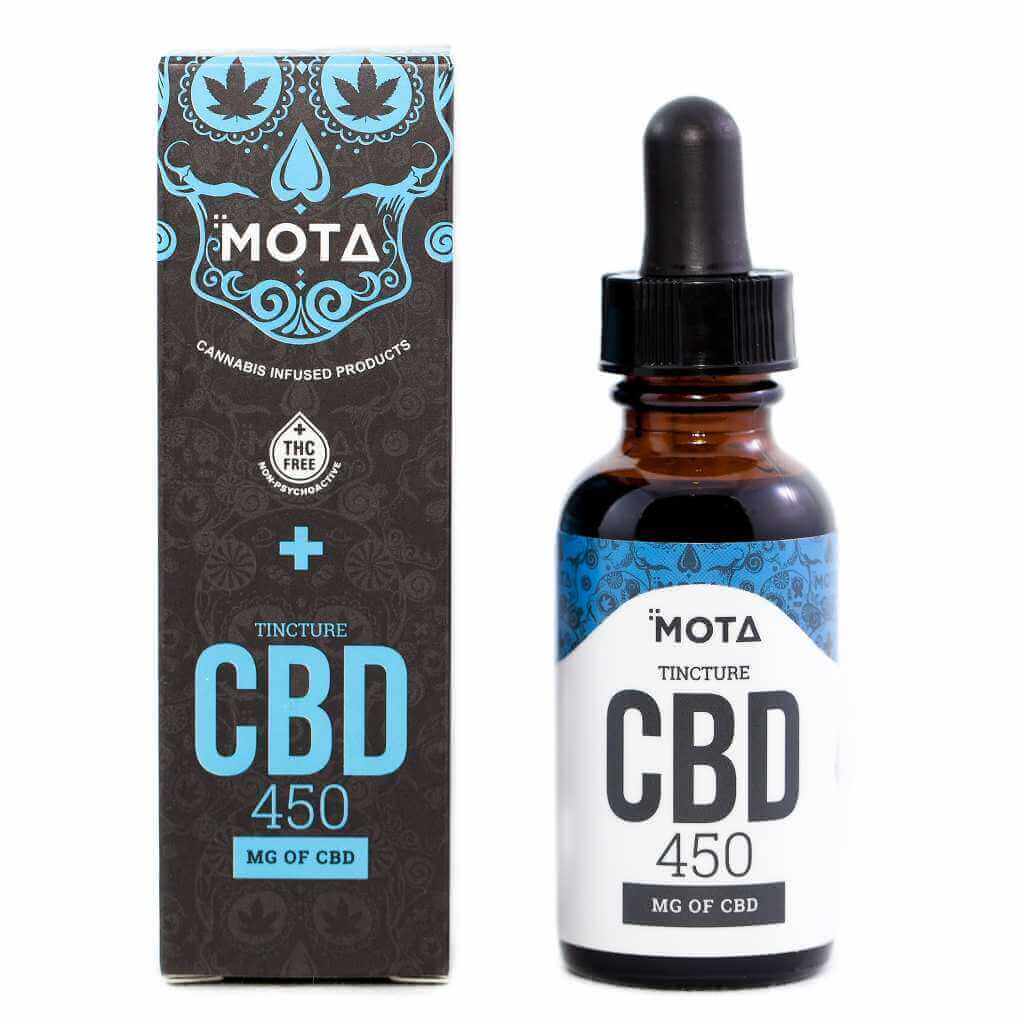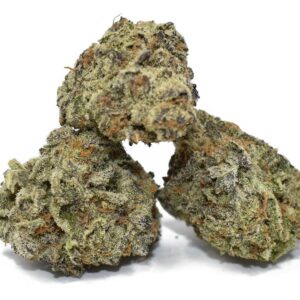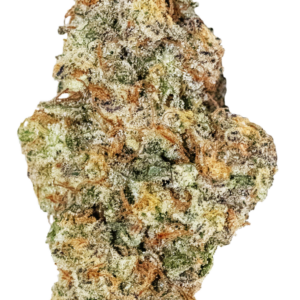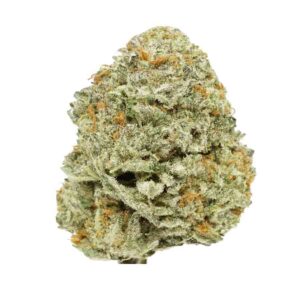Patients can now buy CBD online in Canada, and many of them see it as one of nature’s miracles. They use it to help successfully treat a host of conditions more effectively than many over the counter medications. But while the benefits are clear, is there any truth to the rumour that CBD can be harmful to the liver?
The Effects of CBD on the Liver
Much of the talk around CBD and liver health arose after a 2019 mice study claimed that high levels of CBD led to a dangerous elevation in liver enzymes. While the study was widely reported in the media at the time, few took the time to truly put the study into perspective.
The study showed that CBD was damaging to the livers of mice who were administered CBD. The problem was that researchers in the study used extremely high doses of CBD, far beyond what a healthy human would otherwise take.
In the study, scientists force-fed mice a single dose of CBD, that ranged from 246 mg/kg up to 2460 mg/kg CBD. When we consider that dosing on the upper limit for humans is around 20mg/kg, this means that some of the mice in the study were administered a dose that’s one hundred times higher than the maximum recommended dose for humans.
In fact, to extrapolate even the smallest dose used in the mice study out to humans, it would mean a dose of around 5,000 mg of CBD! And that’s something no one recommends.
There is no substance on earth that you can consume unlimited amounts of and not expect side effects, and CBD is no different. And while the mouse study highlighted clear liver impairment in high doses, the fact is that there are many more studies that show that CBD can actually be beneficial to liver health.
Bypassing the Liver with CBD
For those concerned about liver health, it’s important to know that the body can process CBD in several ways.
When we consume CBD edibles, oils, or tinctures, the CBD present passes through the gastrointestinal tract and on to the liver for further processing. But, if we consume it sublingually, or we smoke high-CBD flower, then we can bypass the liver and direct the CBD straight into the bloodstream.
For most patients, it may be preferable to bypass the liver when consuming CBD. This is because much of the CBD present is destroyed in the stomach, and some researchers estimate that only 2% of the CBD makes its way into the bloodstream.
When we smoke or vape CBD, then 35-40% of the CBD present makes its way to the bloodstream, while with tinctures, the absorption rate is closer to 20%.
If you’re looking for maximum absorption, then hands-down, the best way to take CBD is rectally. When administered via a suppository, absorption rates are believed to be as high as 70-80%, and this also bypasses the liver.
Should You Avoid CBD Edibles?
If you’re worried about liver health and the burden that CBD places on it, then you shouldn’t. When consumed in standard doses, the risk of liver damage with CBD is extremely low. In fact, the risks are substantially lower than the risks associated with traditional painkilling medications that are widely prescribed.
While CBD is remarkably well tolerated by the liver, that doesn’t mean that it is without risk. For those battling pain conditions or severe forms of epilepsy that require high doses of CBD, then one study found that almost 16% of patients had elevated liver enzymes that indicate liver stress and a warning of toxicity. In the study, the average daily dose for women was 3,040 mg, while for men, it was 3,560 mg — both of which are well above standard doses.
How Does CBD Measure Up To Pharmaceuticals?
CBD is often prescribed as an alternative to other drugs that carry much greater risk. The painkiller acetaminophen is readily available over the counter and comes with many risks that include an increased risk of heart attacks, kidney and liver failure, stomach bleeding and even death. Opioids are another commonly prescribed medication that also come with an alarming number of potential side effects, including addiction, overdosing, and liver damage.
CBD is certainly not without risk, but what many studies fail to mention is that the risk is often lower than that of conventional pharmaceutical medications.
CBD and the Wild West
When it comes to using CBD, it’s important to ensure it comes from an ethical supplier. A lack of regulation in the industry means that in some instances, people try to unscrupulously profit from the lax regulations, where many CBD products on the market don’t actually contain the levels they state.
A 2017 study from the University of Pennsylvania found that almost 70% of CBD products don’t contain the amount of CBD advertised on the label. Researchers in the study found that over 40% of the samples contained too little CBD, while 25% contained too much. In almost 20% of cases, the CBD products had significantly high levels of THC that weren’t advertised on the labelling. It’s for this reason that it’s important to always exercise caution before blindly diving into supplementing with CBD.
The Bottom Line
Every medication comes with associated risks, and CBD is no different. In excessively high doses, it can cause complications, and can also be an issue if you’re taking other prescription pharmaceuticals or have existing liver damage.
Always consult your doctor before using higher doses of CBD, and if you’re in the risk category, then consider testing your liver enzyme levels to ensure optimal health.
By and large, CBD is perfectly safe for the majority of people, and the risks of liver damage are extremely low in healthy populations.
Buy CBD online in Canada
If you’d like to buy CBD online in Canada then at Top BC Cannabis we’ve got plenty of CBD products for you to choose from. We have a wide range of CBD edibles, tinctures, and sublingual sprays, meaning that even if you do want to bypass the liver, then you’ll find what you need with us!





